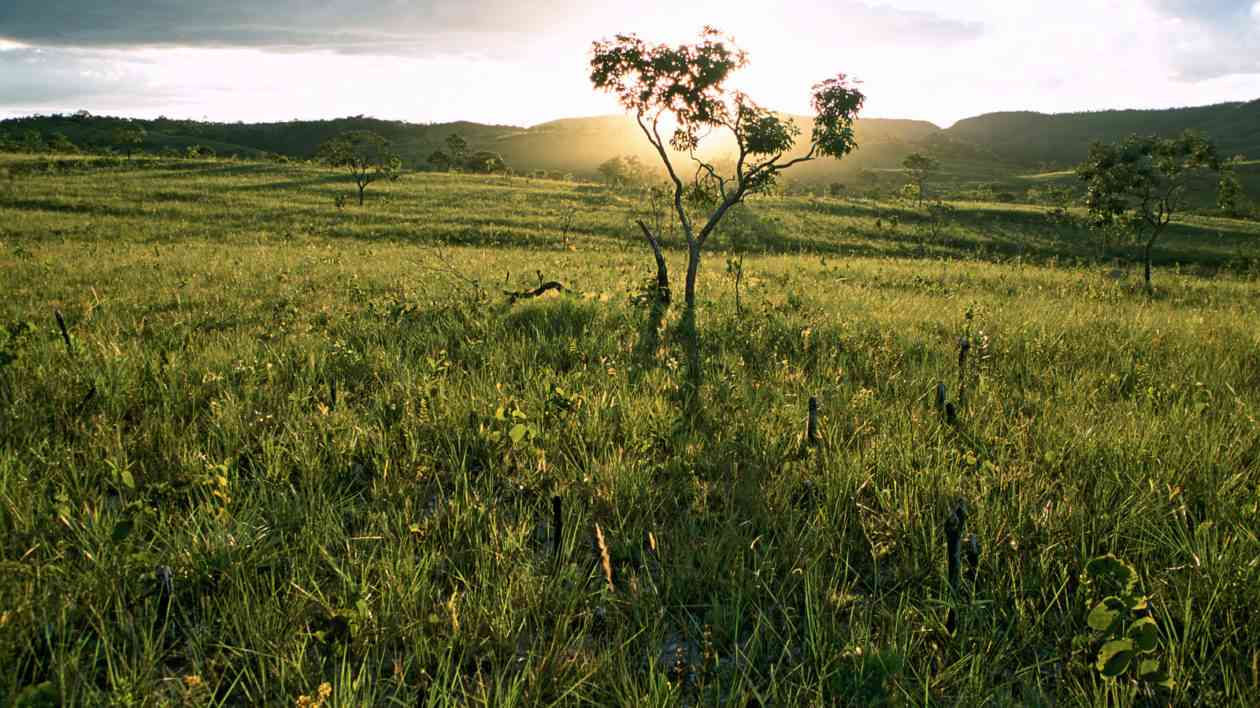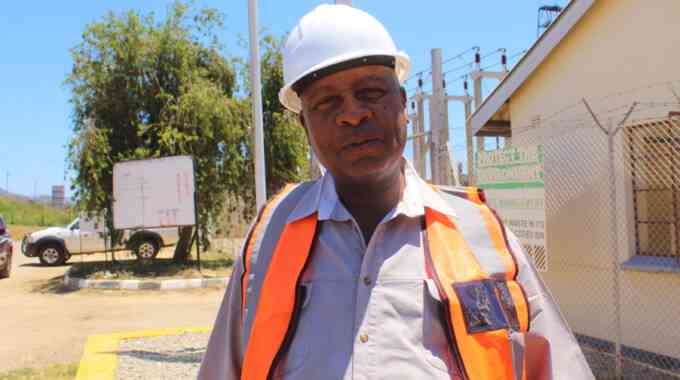
GOVERNMENT has called on stakeholder to implement climate-smart agriculture techniques as Zimbabwe battles the ravaging El Niño phenomenon, which has seen millions of citizens in the country exposed to drought-induced poverty.
The call comes in the build-up to the Zimbabwe Irrigation Investment Conference, whose objectives are in sync with the mobilisation of resources to complement government efforts in irrigation development, showcase latest innovations, products and services in irrigation technology.
Lands and Agriculture permanent secretary Obert Jiri said the implementation of climate-smart techniques was imperative at a time when agriculture was facing a serious threat from the El Niño phenomenon, thereby affecting sustainable production and productivity.
“Zimbabwe’s economic growth is directly correlated to developments in the agricultural sector. More than 70% of the population depends on agriculture for a living. However, agriculture continues to face several threats affecting sustainable production and productivity,” he said.
“Climate change and variability including the El Niño phenomenon that is ravaging Zimbabwe and the larger part of the Sadc region during the current 2023-24 agricultural season has underscored the importance and urgency with which the country needs to build resilience against climate change and variability.”
Jiri said the need to implement climate-smart agriculture, water harvesting as well as irrigation development using water, energy and labour-saving technologies had become salient.
“Irrigation development has been identified as a climate change adaptation strategy for the sector. In this regard, government prioritises irrigation development as outlined in the Accelerated Irrigation Rehabilitation Development Plan, where the country is targeting to develop 350 000 hectares of land under irrigation by 2025,” he said.
Jiri also emphasised that transformative initiatives and strategies need to be employed to increase investment in irrigation development and rehabilitation if the target is to be achieved by 2025.
- Teachers, other civil servants face off
- Veld fire management strategies for 2022
- Magistrate in court for abuse of power
- Vungu Dam water treatment and irrigation project takes off
Keep Reading
“The government has explored a number of options, including public private partnerships, in order to attract investment into irrigation. The government facilitated the formation of the Irrigation Development Alliance, which has intentions to fund the development of 153 000ha of land under irrigation by 2027.”







